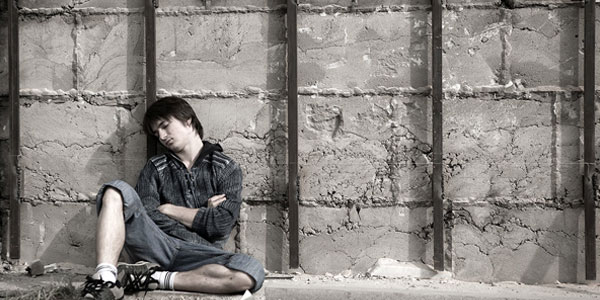Perhaps, you're determined to file bankruptcy. But what would happen to all the stuffs you bought with your credit cards in the past 10 years? Would all those be taken away?
Well, I’ve some good news for you. The image of people walking out of bankruptcy courts wearing barrels is something that we are not going to see anymore. From now onwards, in most cases, you need not give up things you bought on credit. However, there are few exceptions.
Credit card security agreements
When you purchase something using a credit card, do you actually own the good? Confused? Well, whether you own the good or not depends solely on the ‘security agreement’ of the card.
Security agreements in credit cards are just the same that car loans involve. Your debt is ‘secured’ by the item you owe the money for. The good you purchase itself serves as collateral for the debt you owe on it. Being said other way, it’s just a legal title on the item that is being held hostage until you pay off the debt. If you don’t pay as agreed, the creditor can repossess the good.
If you want to know what you might have to give up, then you should check if there is any security agreements in your credit card contracts. Here is what’s usual:
- Major credit card providers: Usually, there you won’t find any security agreement if the card is issued by any major lender like Visa, Mastercard or American Express.
- Storefront cards: If the lender is a department store, like Macy’s, Best Buy or a jewellery store, chances are there will be an agreement.
What happens if the item is subject to security agreement?
If you file for bankruptcy, the creditors are supposed to get back the items those were bought in agreements involving security interests. However, often you can keep the items for different factors:
- You can negotiate good terms on personal property that you want to keep,
- Creditors seldom repossess goods that are old or obsolete,
- Department stores usually include the security interest only against major purchases. They call these ‘white goods’, like refrigerators and washers. On the contrary, department stores are least interested in taking back the ‘soft goods’ like clothing, mattresses.
When do you own an item?
When you make a payment towards your department store account, the store accepts that payment against the oldest unpaid balance. Evidently, you always pay off the oldest debt first and own the item. Then, it is turn for the next oldest balance. This way you pay off all your debts and make all the items your own. However, items you buy from the store using major credit cards don’t belong to the store. Because, the credit card bank has already paid the store for the items purchased on your behalf. Major credit cards are usually discharged in bankruptcy, and all other stuffs such as furniture, barrels, home appliances and clothing are considered as exempt property.
Sometimes, in a bankruptcy, you may even lose an item you own. If the item is not exempt, the bankruptcy trustee can sell the item during a Chapter 7 proceeding and may use the proceeds to repay your creditors. If you have bought expensive jewelry, musical instruments (unless you’re a professional musician), stocks, bonds, second home, etc,. Go through your state laws to know more about what is exempt and what not.









